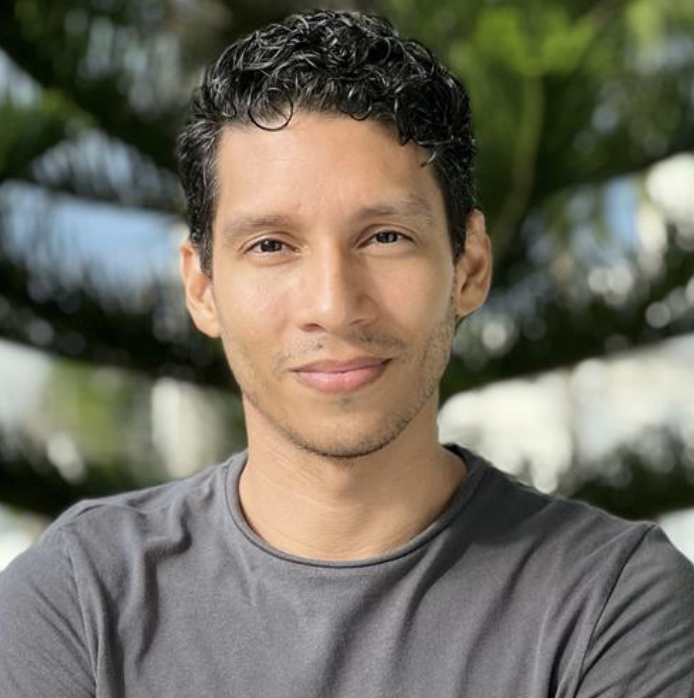Why do so many cultures celebrate the New Year on Jan. 1? Do you know the year change was not always celebrated on the first day of the Gregorian calendar?
Historians estimate civilizations around the world have been commemorating the New Year for about 4,000 years. Humans developed increasingly sophisticated calendars, typically pinning the first day of the year to an agricultural or astronomical event. The Babylonians, for example, heralded the start of a new year on the day in late March with an equal amount of sunlight and darkness, the equinox.
Ancient Greeks began their new year with the new moon after June 21, and in many European countries during the Middle Ages the new year began on March 25, the day of the Feast of the Annunciation.
Much of the current day Western way of counting years has to do with the Roman empire’s customs. Originally, the Roman calendar had only 10 months and the first was named March, after Mars, the god of war. It is Numa Pompilius (715–673 B.C.) who added Februarius and Januarius, named after Janus, the Roman god of all beginnings.
Julius Caesar introduced the new Julian calendar in 46 B.C. instituting Jan. 1 as the first day of the year for the first time.
Still, many cultures continue to celebrate the New Year on different days. Are you familiar with these?
The Russian Orthodox Church observes the New Year according to its Julian calendar, which places the day on Jan. 14.
In Thailand, Songkran, the Buddhists’ celebration of the new year is a special three-day water festival in the middle of April that features parades with huge statues of Buddha. People tie strings around each other’s wrists to show their respect. A person can have dozens of strings on one wrist, each from a different person. The strings are supposed to be left on until they fall off naturally.
In Vietnam, the new year celebrations, called Tet Nguyen Dan, usually begin in February.
In China, the current year of the Ox will run until Jan. 31, 2022. Next year with be a year of the Tiger. Each of the 12 years in the Chinese lunar calendar is named after an animal. According to legend, before Lord Buddha left earth 12 animals came to wish him farewell, and as a reward a year was named after each.
Rosh Hashanah, literally meaning “head of the year,” is the Jewish New Year and will be celebrated on Sunday, Sept. 25. It is marked by the blowing of the shofar and begins ten days of penitence culminating in Yom Kippur.
The Sikh New Year, Baisakhi, will come on April 14 and is one of the most popular harvest festivals in India.
As of Aug. 10, 2021, the current Islamic year is 1443 AH and will run to July 28, 2022. The first year of the Islamic calendar began in 622 when the Prophet Muhammad and his followers migrated from Mecca to Medina. This migration is called the “Hijrah.”
The Pacific island of Tonga will be the first to ring in the New Year and celebrate at 10 a.m. GMT on December 31, making the tiny island nation the first to head into 2022.
How and where did you celebrate the New Year?
*****
This is an audio production of an article originally published by MultiLingual Media. If you’d like to know more about the topics we cover, subscribe to our monthly print magazine, sign up for our free newsletter, or read the insightful articles at multilingual.com.




